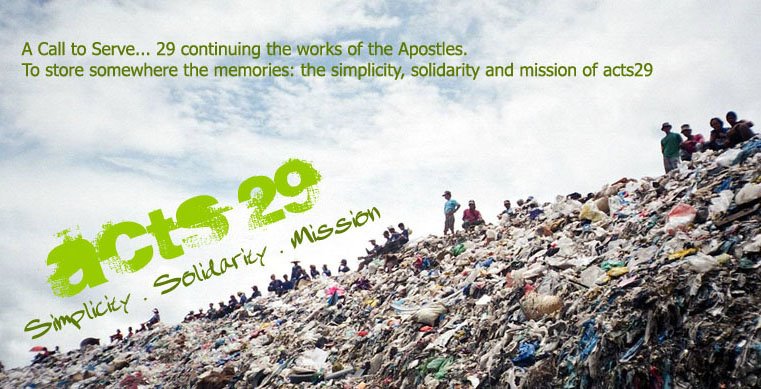Foreign Workers in Serangoon Gardens
It's been awhile since the last post. So far, September has been a busy month and things look set to get busier. :)
This is my reflection on the Serangoon Gardens Foreign Workers stiuation.
But before I begin, what's the difference between an expat and a foreign worker?
Thought about it and this is my definition.
Expat - does the work that Singaporeans can't do.
Foreign Worker - does the the work that Singaporeans do not want to do.
Hehe
What's the History of the Foreign Worker in Singapore - What I know is that they have built our roads, our schools, our houses/flats for many, many years. How do we treat them? Often we mistreat them. from the MM to the taxi driver, it's alright to run businesses 365 days a year, 24hours a day at minimal wage. It keeps things cheap in Singapore. The Port makes money for the government. The Coffeeshops make money and the taxi drivers are happy. They have somewhere to drink kopi at 2am in the morning. The heartlander is happy too. The block stays pretty clean all day. If it is not, just call Raja the conservancy supervisor anytime.
Foreign workers do the work we won't do and they are cheap cheap cheap.
Also to many Singaporeans, since foreign workers come from 3rd world countries, it's ok to let them live in 3rd world conditions. it's ok for the foreman to hit his worker or not give him lunch time. It's ok for 15 of them to load up on the back of the lorry. It's ok if the lorry overturns. It's ok to put them up in dinghy squatter-like containers with just one toilet. After all, that's how they live back home.
But is it really ok?
Father Luke Fong wrote in the Catholic News (Sept 28 2008): "Do not be afraid" of foreign workers in the neighbourhood". How can we not be afaid? Don't they come from violent crime-infested countries? Won't they rape, rob, murder? There are so many of them in Singapore. If they are really going to rape, rob and murder when they shift to Serangoon Gardens, why arent they doing it now all over Singapore??? duhhh....
We live in such a small island/country and it is embarrasing to just wonder that perhaps the size of our country, that little red dot on the map, represents the litle closed narrow-minded pea-brain of the entire nation???
If we do not want foreign workers anywhere near us, then we should build our own flats, roads, schools. Seriously. I am responsible for having labelled the man from South Asia who has left his community to build our roads, schools, hospitals, malls and homes for a pittance, a "foreign worker" - a potential criminal. Let us give the foreign worker a voice, the voice to label us. What label would they give us?
The so-called "foreign worker" is not a beast of burden (an animal such as a donkey or ox or elephant used for transporting loads or doing other heavy work). If I go beyond, I see that he is someone's son. He is someone's grandson. He is someones's husband. He is someone's father. He is someone's brother. He is someones' neighbour. And you know what??? He is your (and my) equal. Until we have the courage to treat him as an equal, he can begin the recovery of his true identity and his vocation beyond the "foreign worker" label.
Father Luke Fong invites us to care for the Foreign Worker (Blessed are the Poor) with a beautiful hypothetical scenario. "I gave you the opportunity to love me in the strangers from Myanmar, India, China and Thailand. But you rejected it and chose intsead to go on annual foreign missions and to give generous financial donations on Mission Sunday. You came to the Adoration Room weekly to get close to me and yet when I wanted to sit next to you on Bus 317, you refused me." I struggle with this.
How did we arrive at such a pathetic level of suspicion, fear, dislike and unwelcome? How did we allow such prejudice, discrimination and injustice to breed in our community? How can we live our Mission?
First, we can recognise that this is a structural problem that has grown into the way we treat a Foreign Worker and we are on the other side of this great structural divide. Surely there is concern for the plight of the Foreign Worker. But concern is not enough to overcome the divide because the 2 structural sides are not equal.
Second we can enter into solidarity. Real solidarity begins when it is no longer about "we" or "they". It begins when we recognise together the advantages and disadvantages of our different social backgrounds, realities and distinct roles that we have to play in order to commit ourselves to the struggle against unjust structures. And this solidarity exists to form a more fundamental solidarity: Solidarity among the foreign workers themselves. The foreign workers are not our enemy. Rather the unjust system/structure is the enemy.
Third, we can acknowledge that the cause of the Foreign Worker as is the cause of the Poor, is God's cause. If we can see this ideal and open our hearts to commit to this cause, we become part of a process. There'll be many stages in this process and we'll struggle along. Nevertheless we will be walking in solidarity, their struggle will be our struggle, their hope, our hope. This is transformational development, "Yes" to the Holy Spirit working in us and through us. Hence we journey into contemplation and compassion.
It seems like a lot. But thinking about this; voicing and sharing it, is a 1st step in my own conversion.





No comments:
Post a Comment